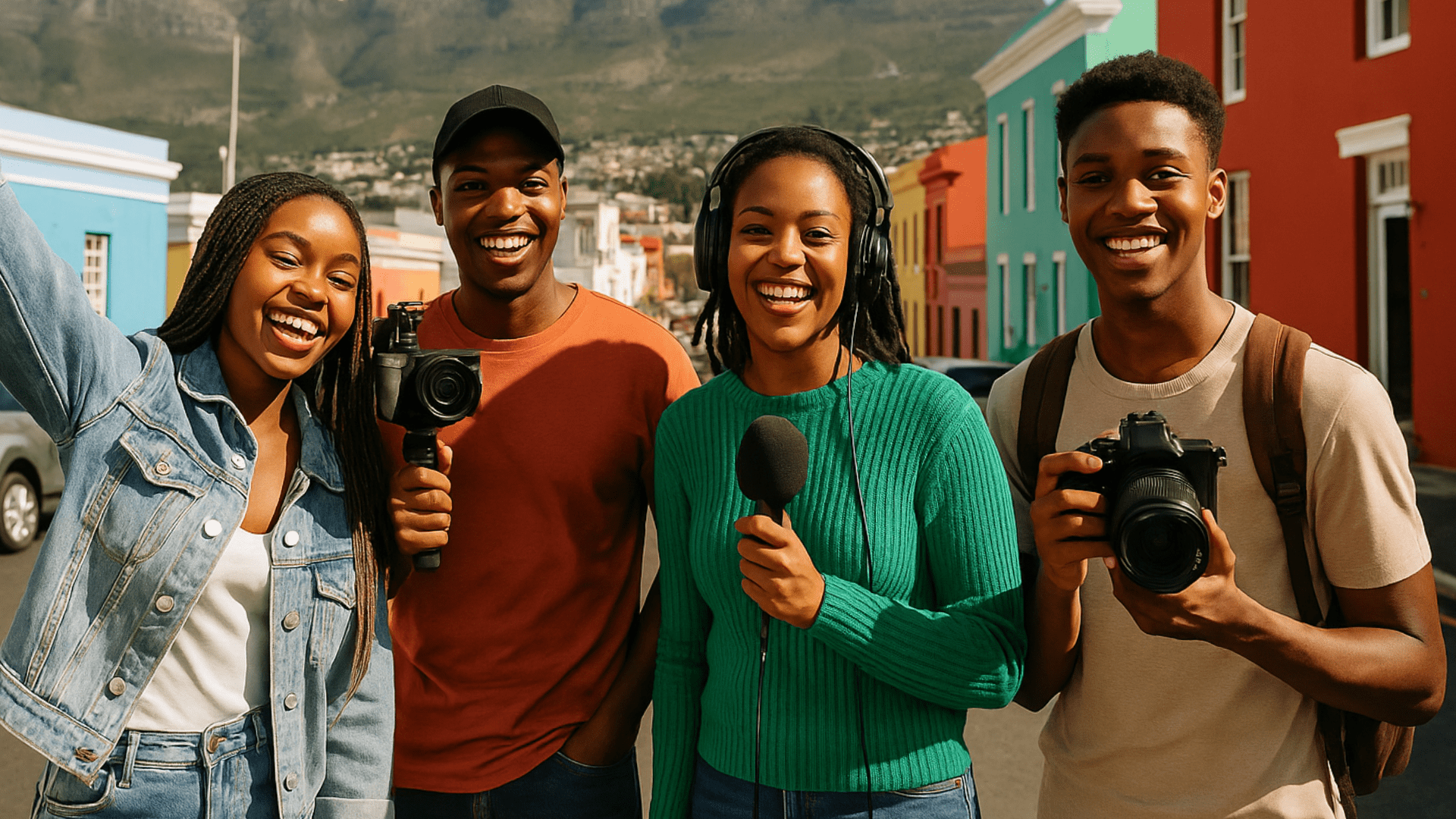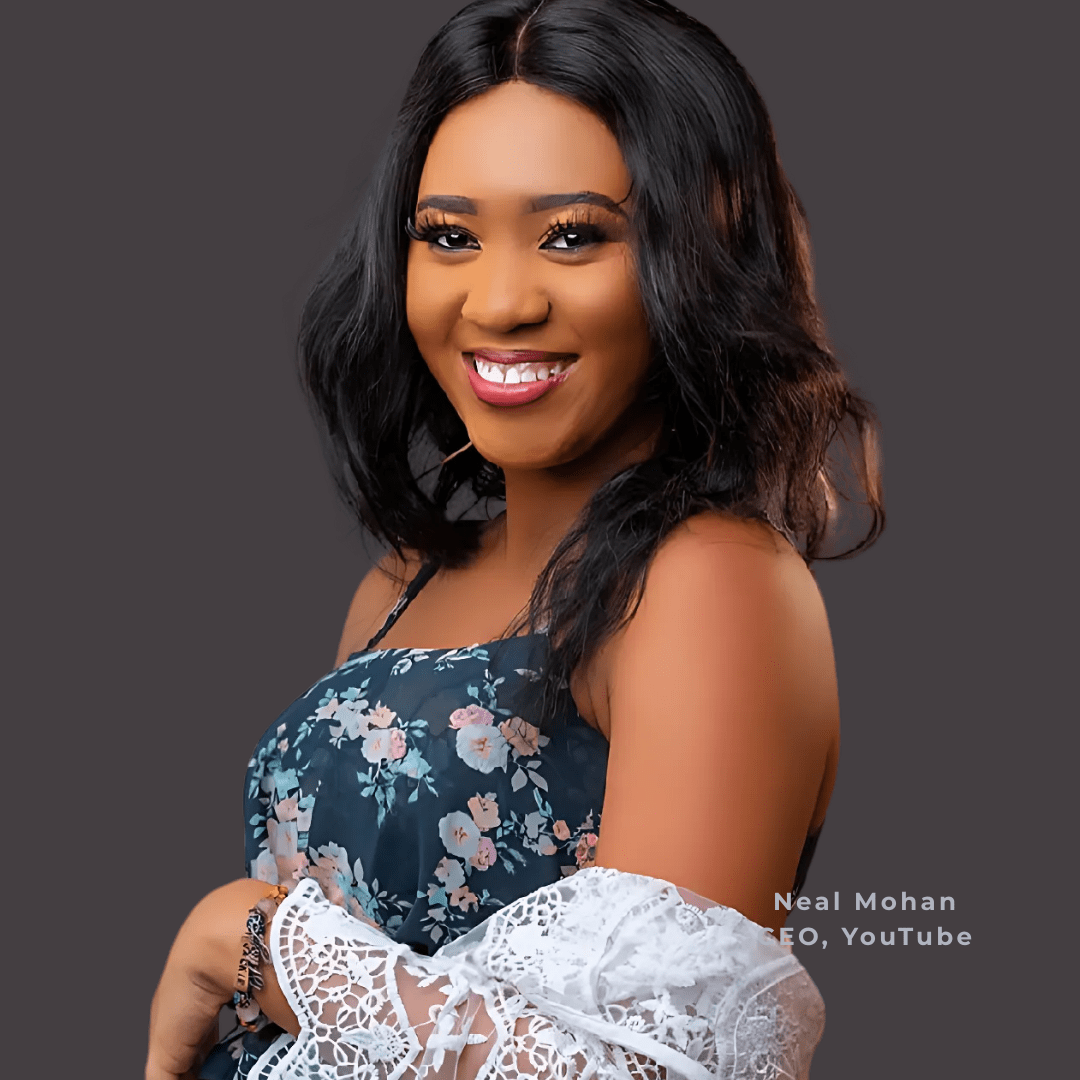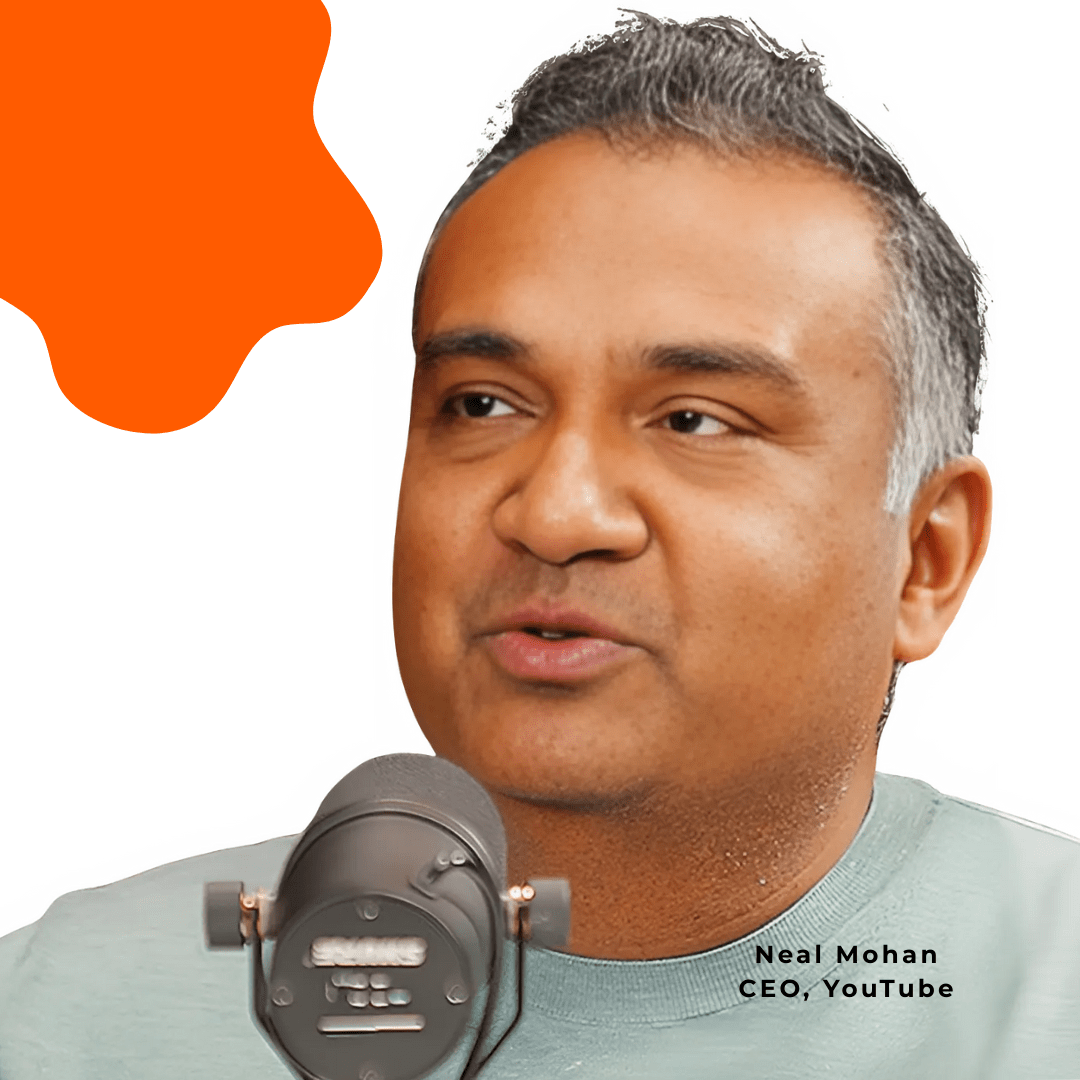
LONDON / LOS ANGELES / LAGOS — It’s Sunday morning in London, but Pastor
Deborah Akinyemi is preaching to an audience far beyond her East End congregation. Her
sermon streams live on YouTube and Instagram, reaching viewers in Nigeria, South Africa, and
across the African diaspora. In the comments, hearts and “Amen” emojis pour in from Canada,
Dubai, and Johannesburg.
This is the new frontier of African faith media — diaspora-based creators who merge their
cultural heritage with digital storytelling to reach a global audience. Whether through
gospel music, devotional podcasts, or inspirational TikToks, these creators are amplifying Africa’s
voice in global faith conversations.
The Global Diaspora Stage
The African diaspora is vast. According to the United Nations Department of Economic and
Social Affairs, more than 40 million Africans live outside the continent, with major
communities in the U.S., U.K., Canada, France, and the Middle East (un.org). This geographic
spread has become a powerful network for cultural exchange, and faith content is riding the
wave.
Diaspora creators have the advantage of cross-cultural positioning. They can speak to African
values and traditions while tailoring their content for Western media landscapes, often gaining
both local and global traction.
London: Bridging Heritage and Modern Worship
Pastor Akinyemi’s ministry began offline, leading a small Nigerian congregation in London. But
when COVID-19 lockdowns pushed services online in 2020, she discovered the potential of
livestreaming.
Today, her weekly broadcasts average 15,000 live viewers, with replays reaching up to 200,000.
She incorporates Yoruba worship songs into her services, creating a sense of home for diaspora
Africans while introducing global viewers to West African praise traditions.
“In every service, I remind people: your heritage is not a barrier to faith — it’s a gift,” she says.
Los Angeles: Gospel Meets Global Pop Culture
Across the Atlantic, David “D-Kay” Kayombo, a Zambian-born gospel rapper, is blending hip-
hop beats with biblical truth. Based in Los Angeles, he records in English but weaves in Bemba
phrases and African drum patterns. His YouTube music videos rack up millions of views, and his
Instagram reels regularly trend in both U.S. and African Christian circles.
Kayombo sees his role as a cultural translator. “I can sit in a studio with an American producer
and explain African rhythms, or perform in Lusaka and bring L.A. stage energy,” he says. “It’s all
worship — just in different languages and styles.”
Toronto: Faith in the Family Vlog
In Canada, Ghanaian couple Kwame and Adwoa Mensah have built a thriving YouTube
channel documenting faith-centred family life. Their content ranges from morning devotionals to
discussions on parenting, immigration, and navigating cultural identity in a Western context.
With over 300,000 subscribers, their audience is evenly split between Africa and the diaspora.
“Our viewers often say, ‘You remind us of our parents back home,’” Kwame says. “We see
ourselves as a bridge between worlds.”
The Tools That Make It Possible
For diaspora creators, accessibility to advanced production tools is a game-changer. High-speed
internet, affordable studio equipment, and professional-grade editing software allow them to
produce content that competes with global media standards.
Popular tools include:
- OBS Studio for live streaming.
- Final Cut Pro / Adobe Premiere Pro for editing.
- Restream.io for broadcasting to multiple platforms simultaneously.
The relatively higher CPM rates in Western markets also mean that diaspora creators often earn
more per view than counterparts in Africa — an economic advantage that can fund further
creative projects or collaborations back home.
Challenges of the Diaspora Creator Life
Despite these advantages, diaspora creators face unique pressures:
- Cultural Authenticity: Balancing African identity with Western audience expectations.
- Platform Competition: Standing out in crowded global content ecosystems.
- Time Zones: Coordinating live content for audiences across continents.
- Community Expectations: Representing their heritage in a way that honours both faith and culture.
Pastor Akinyemi admits, “Sometimes people think because we’re abroad, it’s easier. But
maintaining authenticity while adapting to another culture’s pace is a constant balancing act.”
Cross-Continental Collaboration
One of the most promising developments is the rise of African diaspora content
partnerships. Creators are co-producing podcasts, music videos, and conferences that span
continents.
In 2024, South African worship leader Sipho Mthembu and U.S.-based Nigerian gospel artist
Adaora co-hosted a virtual worship concert streamed to over 1.2 million viewers across
YouTube, Facebook, and Instagram. The event showcased African worship styles alongside
Western gospel arrangements, drawing in both African and diaspora audiences.
Faith Nexus 2025: Diaspora Voices on the Main Stage
The Faith Nexus 2025 Summit in Cape Town is dedicating an entire track to diaspora creators,
exploring how they can strengthen Africa’s influence in global faith media. Panel topics include
“Monetizing Across Borders,” “Preserving Cultural Identity in Global Content,” and “Building
Africa–Diaspora Media Networks.”
“This is the time for the African voice to be heard in every corner of the earth,” says Thabo
Ndlovu, the summit’s program director. “Diaspora creators are uniquely placed to make that
happen.”
A Two-Way Street
Diaspora creators don’t just export African culture — they also bring resources, training, and
opportunities back home. Many run mentorship programs, sponsor equipment for emerging
African creators, or collaborate with ministries on the continent.
Kayombo, the gospel rapper in Los Angeles, recently funded a small recording studio in Lusaka.
“It’s my way of giving back,” he says. “If I can open the door for someone else, that’s success.”
Conclusion: The Global Pulpit
From London pulpits to Los Angeles recording studios, African diaspora creators are proving
that faith has no borders. They’re expanding the reach of African storytelling, worship, and
ministry — not as guests in global media, but as leaders shaping the conversation.
As Pastor Akinyemi puts it, “God gave us the internet as part of the Great Commission.
Whether we’re in Accra or Atlanta, the call is the same — go into all the world and preach.”



